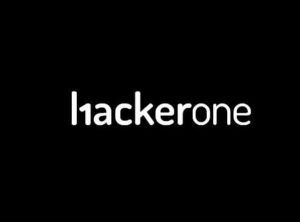CVE Alert: CVE-2025-11476 – SourceCodester – Simple E-Commerce Bookstore
CVE-2025-11476
A vulnerability was identified in SourceCodester Simple E-Commerce Bookstore 1.0. This affects an unknown part of the file /index.php. The manipulation of the argument login_username leads to sql injection. The attack may be initiated remotely. The exploit is publicly available and might be used.
AI Summary Analysis
Risk verdict
High risk: remote, unauthenticated SQL injection with an automated PoC available; immediate patching is warranted.
Why this matters
Compromise could expose or alter sensitive data and potentially disrupt operations. For an e-commerce storefront, attacker access may lead to customer data leakage, financial data exposure, or service downtime, harming trust and regulatory posture.
Most likely attack path
No user interaction required; network-accessible vulnerability in the index.php flow allows input in login_username to alter SQL queries. With no privileges and no UI prompts, an attacker could read or modify data and degrade service, potentially affecting availability and integrity within the same security scope.
Who is most exposed
Publicly reachable installations of this PHP-based storefront are at risk, especially on shared hosting or cloud VMs exposed to the internet without strict input sanitisation.
Detection ideas
- Unusual query strings or database errors in web/app logs tied to login_username.
- Patterns like ‘ OR 1=1 in request payloads or time-based/sleep payloads observed in login attempts.
- Increased 500s or DB error dumps returned to clients.
- WAF alerts for SQLi-like signatures on login endpoints.
- Anomalous data access patterns or export-like queries during authentication attempts.
Mitigation and prioritisation
- Apply vendor patch or upgrade to fixed version; verify remediation in staging before production.
- Enforce parameterised queries/prepared statements and rigorous input validation around login_username.
- Implement least-privilege DB credentials and restrict the application’s DB user rights.
- Deploy or tune Web Application Firewall rules to block SQLi payloads on authentication endpoints.
- Change-management: test regression, monitor logs post-deployment, enable enhanced alerting for unusual DB queries.
A considerable amount of time and effort goes into maintaining this website, creating backend automation and creating new features and content for you to make actionable intelligence decisions. Everyone that supports the site helps enable new functionality.
If you like the site, please support us on “Patreon” or “Buy Me A Coffee” using the buttons below
To keep up to date follow us on the below channels.


![[DRAGONFORCE] - Ransomware Victim: Cofiex Asesoría de Empresas, S[.]L 4 image](https://www.redpacketsecurity.com/wp-content/uploads/2024/09/image-300x300.png)
